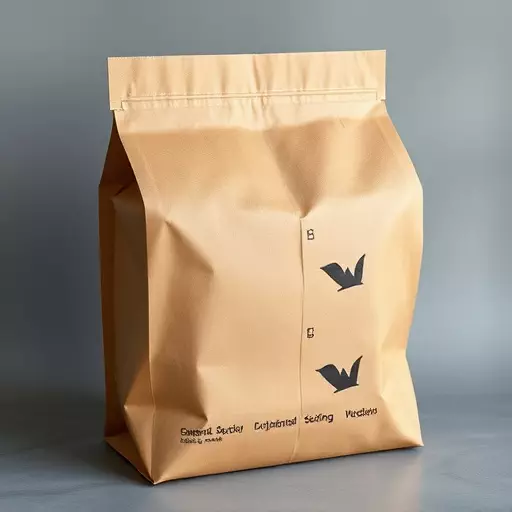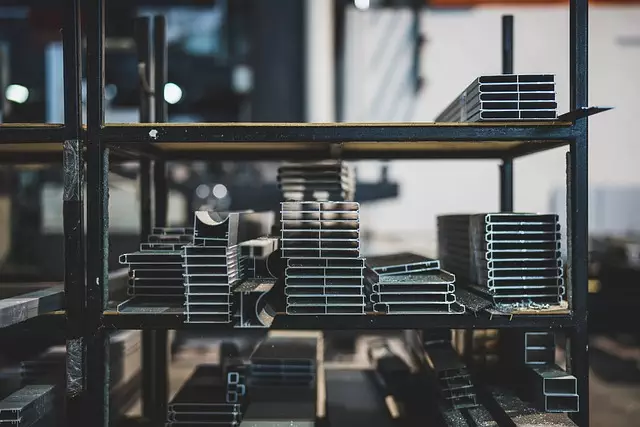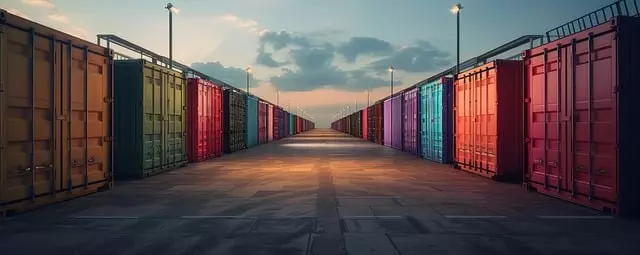Industrial packaging solutions for textiles have evolved significantly, driven by e-commerce demands and environmental consciousness. Custom industrial packaging leverages advanced technologies for superior protection, while a growing trend focuses on sustainable options using eco-friendly materials to minimize waste and reduce carbon footprints. Future prospects include greater customization and sustainability through IoT-enabled smart packaging. The textile industry is increasingly adopting sustainable practices, utilizing custom packaging for optimal resource utilization, enhanced brand reputation, and efficient storage/transportation. This dual emphasis on customization and sustainability ensures textiles are protected responsibly, appealing to environmentally conscious consumers while fostering a more technologically advanced future.
In today’s competitive market, efficient and innovative industrial packaging plays a pivotal role in the textile industry. This comprehensive guide delves into the world of industrial packaging solutions for textiles, exploring their evolution, sustainability benefits, and customization options. From past practices to cutting-edge technologies, we unravel the secrets behind enhanced protection and distribution strategies. Discover how custom industrial packaging can meet unique textile needs while promoting eco-friendly approaches.
- Understanding Industrial Packaging for Textiles: A Comprehensive Overview
- The Evolution of Industrial Packaging Solutions: Past, Present, and Future
- Benefits of Sustainable Industrial Packaging in the Textile Industry
- Customization: Unlocking Unique Packaging Needs for Textiles
- Material Considerations for Robust and Eco-Friendly Textile Packaging
- Innovations in Industrial Packaging Technology for Enhanced Protection
- Implementing Effective Distribution Strategies with Specialized Textile Packaging
Understanding Industrial Packaging for Textiles: A Comprehensive Overview
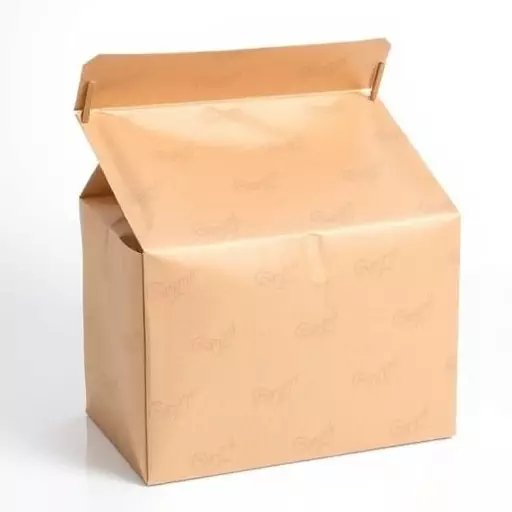
Industrial packaging for textiles plays a critical role in protecting and transporting these delicate materials efficiently. It’s more than just sealing fabric; it involves creating tailored solutions that consider factors like material type, weight, shape, and desired shelf life. Custom industrial packaging, designed with advanced technologies, offers unparalleled protection against damage, ensuring the integrity of textiles during transit and storage.
Beyond functionality, there’s a growing emphasis on sustainable industrial packaging. Environmental considerations drive innovations in materials science, leading to eco-friendly alternatives that minimize waste and reduce the carbon footprint associated with traditional packaging. These advancements not only benefit the planet but also cater to consumer demands for greener product choices.
The Evolution of Industrial Packaging Solutions: Past, Present, and Future
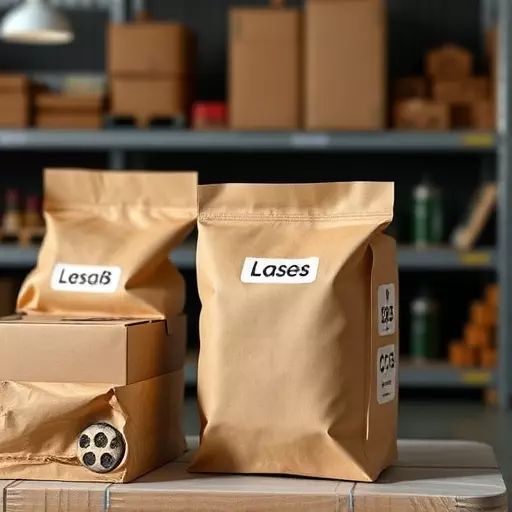
Industrial packaging solutions have undergone a remarkable evolution, driven by advancements in technology and growing environmental consciousness. In the past, textiles were often packaged in standard, generic containers that lacked consideration for specific product needs or sustainability. However, with the rise of e-commerce and increasing consumer demand for personalized products, custom industrial packaging has become essential. Today, sustainable industrial packaging is at the forefront, with manufacturers exploring eco-friendly materials and innovative designs to reduce environmental impact.
Looking ahead, the future of industrial packaging solutions promises even greater customization and sustainability. Advancements in printing technologies enable intricate designs and branding on packaging, catering to diverse consumer preferences. Furthermore, smart packaging solutions incorporating sensors and IoT capabilities are expected to enhance product tracking and improve supply chain efficiency. These developments not only cater to the present needs of the textile industry but also set the stage for a more sustainable and technologically advanced future.
Benefits of Sustainable Industrial Packaging in the Textile Industry
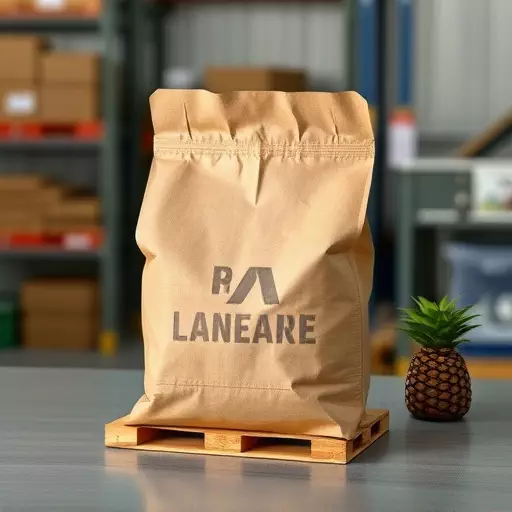
The textile industry, known for its vast production and diverse applications, faces growing pressure to adopt more sustainable practices. One key area where this shift is gaining momentum is in the realm of industrial packaging solutions. Sustainable industrial packaging offers multiple benefits that cater directly to the specific needs of the textile sector.
By opting for custom industrial packaging designed with sustainability in mind, textile manufacturers can reduce their environmental footprint significantly. These innovative packaging solutions often utilize recyclable and biodegradable materials, minimizing waste and pollution associated with traditional packaging methods. Furthermore, sustainable packaging can enhance brand reputation by appealing to environmentally conscious consumers and partners, fostering a positive image and potentially opening new market opportunities. Customization allows for efficient storage and transportation of textiles, ensuring products arrive intact while reducing the overall environmental impact.
Customization: Unlocking Unique Packaging Needs for Textiles

In the realm of textiles, customization is key when it comes to industrial packaging solutions. Each textile product has unique attributes and requirements, demanding tailored packaging that ensures safety, enhances presentation, and accommodates specific handling needs. Custom industrial packaging goes beyond standard sizes and materials, incorporating specialized features like custom-cut inserts, protective coatings, or specialized prints to cater to the distinct nature of textiles.
Sustainable industrial packaging is another crucial aspect that textile manufacturers are increasingly embracing. By leveraging eco-friendly materials and innovative designs, custom industrial packaging not only meets the functional needs of textile products but also aligns with the growing demand for environmentally conscious solutions. This shift towards sustainability in industrial packaging solutions ensures that textiles can be protected while minimizing their ecological footprint.
Material Considerations for Robust and Eco-Friendly Textile Packaging

When it comes to robust and eco-friendly textile packaging, material considerations are paramount. Sustainable industrial packaging for textiles should prioritize non-toxic, recyclable, or compostable options to minimize environmental impact. Materials like recycled paper, biodegradable plastics, and fabric made from organic cotton or recycled polyester are gaining traction in the market as they offer both durability and a reduced carbon footprint. These choices not only contribute to a circular economy but also cater to the growing consumer demand for environmentally conscious products.
Custom industrial packaging plays a crucial role in enhancing the overall textile experience. Brands can opt for unique, tailored packaging that not only protects the product during transit but also serves as a marketing tool. From intricately designed boxes to innovative wrapping solutions, custom packaging allows businesses to stand out in a competitive market while adhering to sustainability goals. By combining robust materials and creative designs, companies can develop industrial packaging solutions that are both effective and environmentally friendly.
Innovations in Industrial Packaging Technology for Enhanced Protection

Innovations in industrial packaging technology have revolutionized the way textiles are protected during transit and storage. Manufacturers now offer a wide range of sustainable industrial packaging options designed to cater to diverse textile requirements. These advancements ensure that fabrics remain pristine, reducing damage and waste. Custom industrial packaging, for instance, allows brands to create unique solutions tailored to specific textile types and handling needs.
From biodegradable materials to innovative designs that optimize space and weight, the modern approach to industrial packaging offers both functionality and environmental stewardship. By embracing these sustainable practices, textile businesses can contribute to a greener supply chain while maintaining high product quality standards.
Implementing Effective Distribution Strategies with Specialized Textile Packaging

Implementing effective distribution strategies goes hand in hand with utilizing specialized textile packaging, a key element in the success of any textile business. Custom industrial packaging plays a pivotal role in enhancing product protection during transit, ensuring that fabrics and garments arrive intact and undamaged. By employing sustainable industrial packaging materials, companies can further mitigate environmental impact while meeting the unique challenges of textile distribution.
These strategies not only streamline logistics but also contribute to a more robust and efficient supply chain. Customization allows for tailored solutions that accommodate various fabric types, shapes, and sizes, preventing damage and maximizing space utilization. This, in turn, translates into cost savings, improved customer satisfaction, and a stronger market position for textile brands aiming to stand out in an increasingly competitive landscape.
